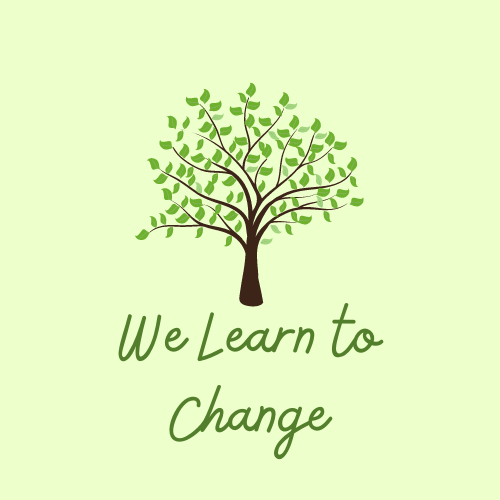It’s not pretty.

The key to having your voice “heard” is to use it often, but this week’s post topic eludes me. Perhaps it’s fatigue. Maybe it’s this feeling that I’ve already said too much.
Still, I yearn to be part of the conversation. I want to talk about the purpose and goals of education — what they really are and what they should be. I want to scream from the rooftop that ideas such as “patriotic education” are stupid. I want to counter the argument about “patriotic education” with the idea that our history curricula are watered-down versions of the truth (and sometimes lies). We need a civics curriculum, too, but not in the way certain demagogues are imagining it.
“The factory model of education does not work!” I would scream if I could. It will not help students become 21st-century citizens! Grade levels and tracks may have worked last century, but really they didn’t. Which students really felt like they were learning much that was useful in grades K-12, in core classes? Which students felt that teachers were letting them peek behind the curtain to learn WHY something was being taught? Which students honestly felt the teachers were teaching something not only because it needed to be “covered,” but because it had value?
I must admit I was in awe of more than a few of my high school teachers. That said, only three stood out as those who added value to the content by teaching skills we could use the rest of our lives. Those teachers showed us we were capable, helped us learn to think critically, and taught us how to take notes, among many other things.
Pink Floyd performed the song “We Don’t Need No Education,” and it became an anthem. If the education system was working, would that have been the case?
Oh, sure, kids are always going to be cynical about education, you might say. But why is that, actually? We are brought into the world naturally curious and eager to learn. We go into preschool and kindergarten excited about school and all the wonderful things we will learn. And then, it seems, the curiosity, the eagerness, is sucked out of us as if it were pus. By the time kids get to my classroom, years of drainage have passed. Over the summer, each summer, they rediscover curiosity and wonder. It fills their system, and they smile as they rediscover the world. They are happy to be in school for about two days, and then the cynicism kicks in again.
They all want to ask, “Why are we learning this?” but don’t dare to ask it aloud.
I want them to ask! I’m so eager for them to ask that I tell them upfront, and I tell them I have a method to my madness. If they weren’t so tired, I think they might laugh at that.
Why is it that I feel guilty right now for assigning a novel-study portfolio that provided students a healthy list to choose from? Is it because I’m assigning them schoolwork? It’s not supposed to be just “work.” We study literature to better understand the human condition and our place within the world. Great literature is supposed to help us think, dream, and realize. It’s not busywork. It’s not a packet of worksheets. It’s inquiry-based, exploratory… it’s personal. And yet, I still feel like I am imposing.
If education really worked the way it’s supposed to, kids would be eating up the idea of diving into a novel written by an author who won the Pulitzer or the Nobel. Instead, I feel like I’m pulling their teeth.
And don’t get me started about how sports schedules are eating up students’ time outrageously. Why we even have sports happening right now is beyond me!
Ok, rant over.
I have questions.
- What have we learned from this experience of virtual or hybrid teaching and learning that we can use if things return to “normal”?
- Will we use technology to redefine and redesign educational activities? In other words, are we looking at the SAMR model to transform teaching and learning?
- How will we emphasize acquiring 21st-century skills, appreciating diversity, celebrating differences, acknowledging that we are all part of the human family, facing our history and ourselves, and helping each other cut through all the noise?
- Can we finally stop death-by-testing? Have the powers-that-be noticed that testing is uber-stressful and a waste of precious class time?
- Can we finally adopt more authentic forms of learning and assessment? Wouldn’t it be better if students created more, and we created less?
- Do education leaders recognize that ownership of learning is more valuable than playing the GPA game?
- Have the education leaders realized that teachers are ready to lose their minds? Are they prepared to review all the plans around the country and call out those that are insane? There are many.
Thank You!
Someday, I will end my blog posts better. For now, please accept my thanks for reading this post. It did help me to overcome my writer’s block.
